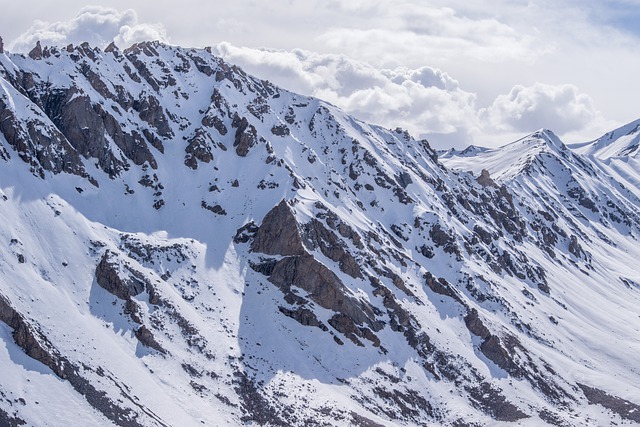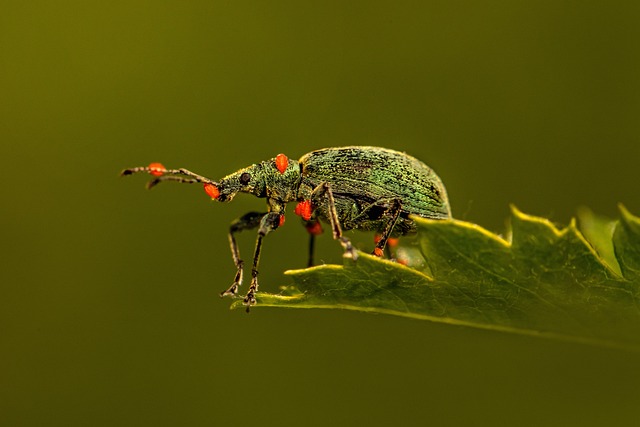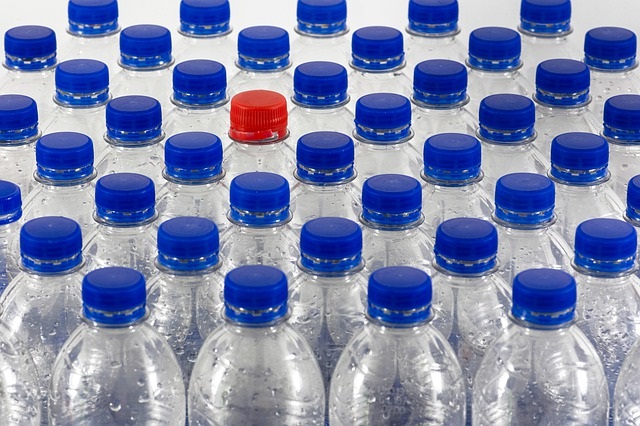Introduction
Pakistan ranks among the most vulnerable and climate change-affected country. According to Worldometer, its fossil fuels’ global emissions are less than 1 %. China is emitting 29.18% and ranked among the top emitters. Pakistan shares a border with China. Unfortunately, these pollutants don’t know any border. The Sino-Pak border is provided with a natural barrier of glaciated Karakoram. After the polar regions, the Karakoram mountains are considered to be heavily glaciated. Pakistan is a country with 7,200 glaciers. Therefore, it is also termed the “Third pole”. The increase in carbon dioxide is the primary cause global warming in the region. Thus, becoming the leading cause of the melting of Pakistan’ glaciers.
Also Check Out: Glacier Melting and Glacial Retreat – Causes, Effects, Solutions
Significance Of Glaciers
• These glaciers work as a barrier for Pakistan from chilly winds originating from Siberia. Glaciers protect Pakistan from harsh and dry winters. It works as a climate stabilizer.
• These glaciers provide fresh water to the Indus River. This Indus River System serves as the backbone of the agricultural system and irrigated entire Punjab. In Pakistan, these glaciers are used for the production of electricity.
• Freshwater from glaciers facilitates approximately 268 million people.
• Glaciers are sources of fresh water in the region which is used for agricultural purposes and drinking purposes. Moreover, the freshwater lakes formed in northern areas attract millions of tourists.
How Climate Change Is Affecting Glaciers?
Climate change is not a hoax. It has become reality. The melting of glaciers has proved it. The recent incidents of flash floods, outbursts of lakes, and land sliding are the direct outcome of climate change.
Approximately, 1,200 glaciers are on verge of melting. Excessive melting of glaciers causes outbursts of lakes which in turn bring flash floods. Recently, Nawabshah recorded the highest temperature of 49.9 degrees Celsius. High temperature in the region caused the Shishpur glacier to melt rapidly and a lake outburst in Hunza. Scientists claim that climate change has increased the risk of heat waves 30 times. Therefore, the risk of landslides and lake outbursts has also accelerated. For more information, read: Glacial Lake Outburst Floods in Pakistan- Causes and Effects
These melting glaciers cause rise in sea level, hence the probability of floods is increased. The aquatic animals and habitats suffer the most. The flash floods carry the fertile soil of the land, and as result , soil erosion affects agricultural land directly. Lesser availability of agricultural land to till leaves drastic effects on the livelihood. These flash floods have devastating consequences on the social, political and economic spheres of the country.
Also Read: Climate Change and Himalayan Glacier Hazard
In term of air pollution, Pakistan’s city Lahore is ranked among the most polluted cities in the world. These pollutants in air are deposited over the ice sheets of glaciers turning them black. In Pakistan, black glaciers can be noticed in northern areas. According to NOAA’s 2021 Annual Climate Report, the temperature of both land and ocean increases at an average rate of 0.08 degrees Celsius. This direct sunlight is endured by the glaciers of the Karakoram mountains as well. Instead of reflecting the sunlight, the sot-coated glaciers absorb more sunlight. This absorption acts as a catalyst in the melting process. This melted water runs through lakes and is highly polluted because of black carbon. The large quantity of black carbon makes it unfit for drinking purposes.
Also check out: Black Soot and Ash Deposits on Glaciers – Causes and Impacts and Blackening Glaciers of World -Carbon Black Deposition Impacts.
How Can We Protect The Glaciers Of Pakistan?
To protect the glaciers of Pakistan, the government should meet the needs of mountain communities effectively and holistically. The provision of essential services should be ensured. The mountain communities should be provided with employment opportunities, so the ecosystem gains time for its restoration hopes, and aspirations of mountain communities should be taken into account for sustainable development. If the grievances are not heard then the communities will tend to exploit the ecosystem for their survival. Deforestation, use of non-renewable energy, and black carbon emissions will continue to degrade the environment. In these communities, awareness should be spread through print and electronic media. The locals should be trained by EPA and NDMA for the restoration of the ecosystem. This will try to slow down the melting of glaciers. A collective effort of regional countries like China , India, and Pakistan is also needed to protect the glaciers. The melting glaciers require a new window of dialogue and negotiations among the countries of the region. The cooperation between science and policymakers of this region can be the first step towards the betterment of the regional ecosystem. The recent Pakistan flood condition is a wake-up call for the world because the melting of Karakoram glaciers will have global repercussions.
You Might Also Like: Urgency of Climate Justice for Mountain Communities of Pakistan
References:
(2022). Retrieved 26 September 2022, from https://www.reuters.com/article/us-pakistan-glaciers-highway-idUSKBN1D30WK
(2022). Retrieved 26 September 2022, from https://reliefweb.int/report/pakistan/melting-glaciers-growing-lakes-and-threat-outburst-floods (2022). Retrieved 26 September 2022, from https://reliefweb.int/report/pakistan/melting-glaciers-growing-lakes-and-threat-outburst-floods
Pakistan CO2 Emissions – Worldometer. (2022). Retrieved 26 September 2022, from https://www.worldometers.info/co2-emissions/pakistan-co2-emissions/
This article is written by Fatima Hayee. She is a student of political science at Kinnaird college.
We hope you liked this post! Please comment below if you have any suggestions, comments or feedbacks! We at #envpk love hearing from readers! Thanks




